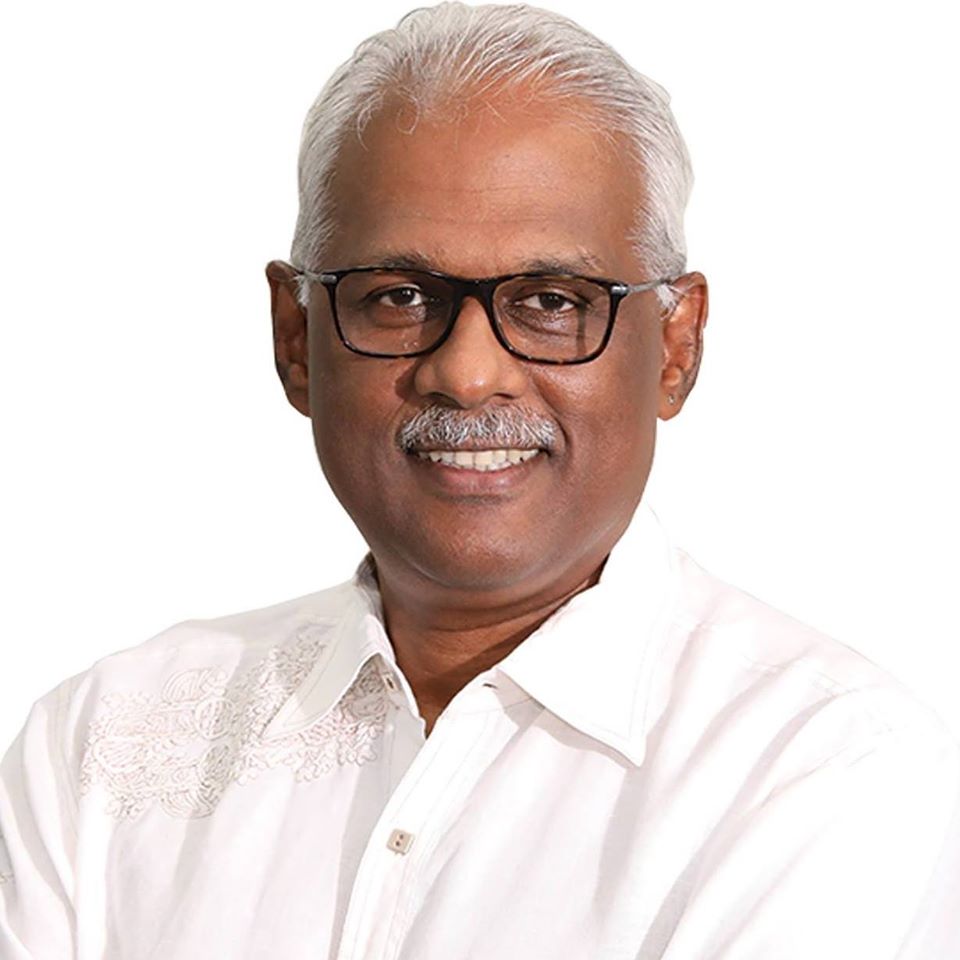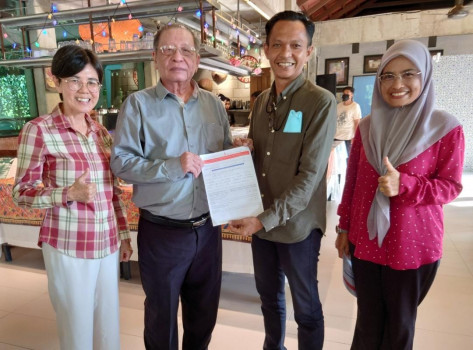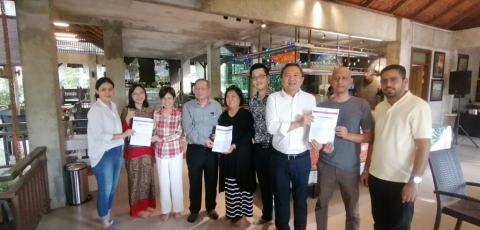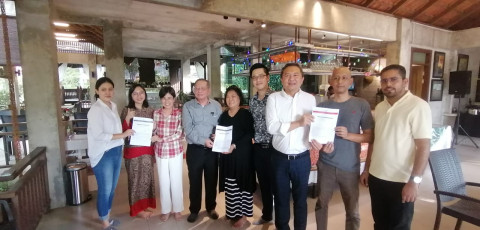
My position as the National Water Services Comission (SPAN) chairman has been terminated by the Minister of Environment and Water on 10 April 2020. I received the termination letter today.
All other commissioners have also been terminated. Anyone who knows me will understand this is not about losing a fancy designation but rather the deep concern that all the hard work done over the last eighteen months may possibly go to waste. My immediate response to the termination is to try and put in place a “check and balance” mechanism, which would allow the public to hold the new administration of SPAN accountable.
One of the initiatives I have pushed for to strengthen SPAN’s functions as a regulatory body is the launch of the Integrity and Anti-Corruption Framework for Licence Holders and Certified Agencies in September last year. Under this framework, it was mandated that water supply and sewerage companies must set aside at least 1% of their operational budgets to combat corruption, strengthen integrity and corporate governance within their organisations.
I have also pushed for SPAN to conduct special performance audits on water utilities, on top of its usual audit activities. So far, three companies have been audited. I undertook an internal restructuring of SPAN in September last year. The process saw the merging of water and sewerage regulatory units into a single department.
The water regulatory body’s enforcement division was strengthened and earlier this year, I launched the eight strategic thrusts to transform SPAN into a more dynamic, transparent, efficient and consultative organisation.
I have always believed that water security should be given national prominence. It is an issue of national security and deserves more public attention. As such, I have done my best to raise public awareness through the media about river pollution impacting water supply in states like Perak and Kedah. Last year, SPAN ordered the shutdown of the Ayer Ganda water treatment plant in Perak when we discovered levels of arsenic in the plant’s treated water have surpassed Health Ministry’s stipulated safe limit.
This year, I visited a site that has became the dumping ground for plastic and electronic waste on the banks of a tributary of Sungai Muda, a main source of water supply for the people in Penang and Kedah. It’s a crime that our rivers, a precious national resource, have become the dumping grounds for irresponsible people and industries. I have undertaken proactive measures to create awareness about pollution of water sources.
For example, my office organised a seminar on river pollution and its impact on water supply in Peninsular Malaysia last August. In the same month, the World Bank launch a report highlighting deteriorating water quality worldwide, calling it an invisible global crisis that has reduced GDP growth in developing countries and caused stunting in children. An action plan with seven initiatives to combat river pollution was produced from our August seminar. These include upgrading sewerage treatment plants’ capacity and requiring water utilities to prepare a water safety plan taking into account pollution risks that could disrupt operations at all their water treatment plants.
My office was preparing for a second seminar, on climate change and its impact on water supply in Peninsular Malaysia, in conjunction with the World Water Day’s theme – Water and Climate Change – last month. We intended to consult various stakeholders to provide input to the country’s national climate adaptation plan for water and raise public awareness on the importance of water conservation in the age of climate change. But that had to be postponed due to Covid-19. I will, however, continue to work on the seminar that will be held in the format of a webinar in the near future.
To promote inclusivity, SPAN has also organised a dialogue between the Petaling Jaya residents with Air Selangor, to listen to and resolve their water woes. In Klang, the residents in Bandar Botanik and Ambang Botanik have always been consulted as authorities sought to solve their sewerage system issue that they have grappled with over the past decade.
SPAN also appointed an integrity officer to oversee the tender process for their sewerage system. Nevertheless, more work needs to be done. I cannot stress enough that water is a national security issue. I have, therefore, proposed the setting up of a National River Protection Authority as the single agency and highest authority responsible for protecting all our rivers, as rivers are our main and cheapest source of water supply. But it’s important that you, the people reading this and every other Malaysian, take ownership of this issue and become the watchdog to ensure our rivers are protected.
It’s important that together, we lobby the federal government and state governments, to channel more resources – funds and personnel, into monitoring and protecting our rivers and all other precious freshwater sources effectively. And as one voice, we need to call on the government to urgently gazette all our water catchment areas.
I would like to express my utmost gratitude to all the Commissioners and SPAN officers that have worked with me throughout the past 18 months.
I hope the new SPAN chairman, Wan Hassan Mohd Ramli (Dungun MP), and new commissioners will continue SPAN’s ongoing transformation process and the urgent work to safeguard the sustainability and security of our water supply in the long term.
Charles Santiago, MP Klang and Former SPAN Chairman



